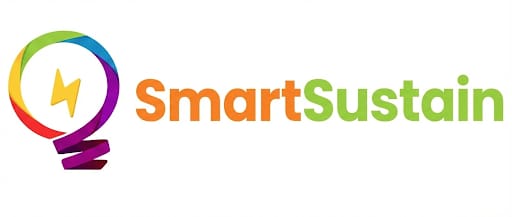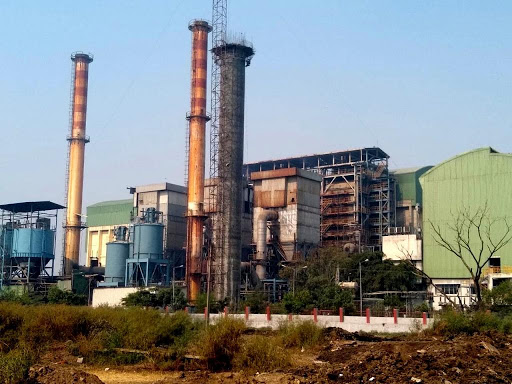The government has also approved a target of 257 MW for fiscal 2020
The Government of India (GoI) has recently approved a grant of Rs.478 crore to the waste-to-energy (WTE) program for the remaining period of fiscal 2020. The government has also approved a target of 257 MW (megawatt) for the same period. These measures are revised guidelines that fall under the jurisdiction of the WTE scheme that was put out by the Ministry of New and Renewable Energy (MNRE) just recently.
“Approval is accorded for grant of Central Financial Assistance (CFA) of Rs 478 crore and a physical target of 257 MW for the remaining period of FY20 for the program, which includes a CFA of Rs 400 crore with a physical target of 200 MW for municipal solid waste (MSW)-based WTE plants,” the ministry said.
The ministry spokesperson also stated that the central financial assistance afforded in this case will be as capital subsidy and grants in aid. Capital subsidy is a share or percentage of the upfront cost of the entire project that will be provided as CFA. Grant in aid is an amount that is transferred from the central government to other government entities at various levels for the purpose of implementation of relevant WTE projects.
The new guidelines by the MNRE for WTE initiatives take into consideration energy generation from projects that are fed by municipal solid waste (MSW). The energy generated from these WTE projects will be used to feed power back into the grid; for captive power and thermal energy; and also converted into fuel for vehicles. According to the MNRE guidelines, projects that utilize waste-to-energy conversion technologies like pyrolysis, combustion, gasification, biomethanation and others will be eligible for the CFA. Pyrolysis is a process where organic compounds are decomposed under high temperatures in anaerobic environments. Biomethanation is a process wherein organic material is converted into biogas using microorganisms. The process is conducted under anaerobic conditions, meaning in the absence of oxygen. Gasification converts MSW to usable synthesis gas or syngas.
Smart Sustain spoke with Dilip Francis, Director of Kotagiri Agro, who said, “India has huge overflowing waste dump yards in all cities and towns. This is the time waste-to-energy should be implemented. Segregation of waste has to start from source, meaning from the end user or consumer. This is important in order to achieve maximum benefit. Dump yards can be utilized to generate power that can be fed to the grid from waste that is discarded on a daily basis. The government has a major concern with the growing issue of waste. The government needs to employ individuals with knowledge and experience in waste management. Citizens should be made conscious of methods to discard waste, be it food waste, plastic, e-waste, and so on.”
Kotagiri Agro is a food waste oriented company that sells machines called ‘Organic Waste Converter.’ These machines convert all biodegradable waste to organic manure. The company caters to hotels, industrial canteens, malls with food courts, and so on. These machines can handle waste from 10kg going up to 500 kg as well.
The various quanta of CFA that will be awarded to the projects depend on certain factors. For energy generated from MSW, Rs.5 crores per MW (megawatt) and a maximum CFA of Rs.50 crores per project has been approved under the condition that the project should contain at least 5 MW of installed capacity to be eligible for the grant. With respect to biogas projects, Rs.1 crore per 12,000 m3 (cubic meters) per day will be awarded; and an upper limit of Rs.10 crores CFA per project will be awarded to eligible projects. Each cubic meter of biogas can ideally generate 6 kWh of heat energy and 2 kWh of electrical energy.
According to the upgraded guidelines there is no limit on the capacity of WTE projects inculcated. “Whereas, biogas plants based on agro-based industrial residues of up to 250 kilowatt capacity for power generation and up to 2,500 m3 capacity would not be eligible under the program. Biomass Gasifier projects of any capacity shall be eligible for CFA under this Programme,” the ministry stated.
Recently, NTPC bagged a project to build, own and operate a waste to energy power plant in Punjab. Waste-to-energy is a process of generating energy from the primary treatment of waste. This concept of converting waste into energy is ideal for solving the waste management problem plaguing most municipalities across India.
Image Courtesy: Urban Update














Add Comment